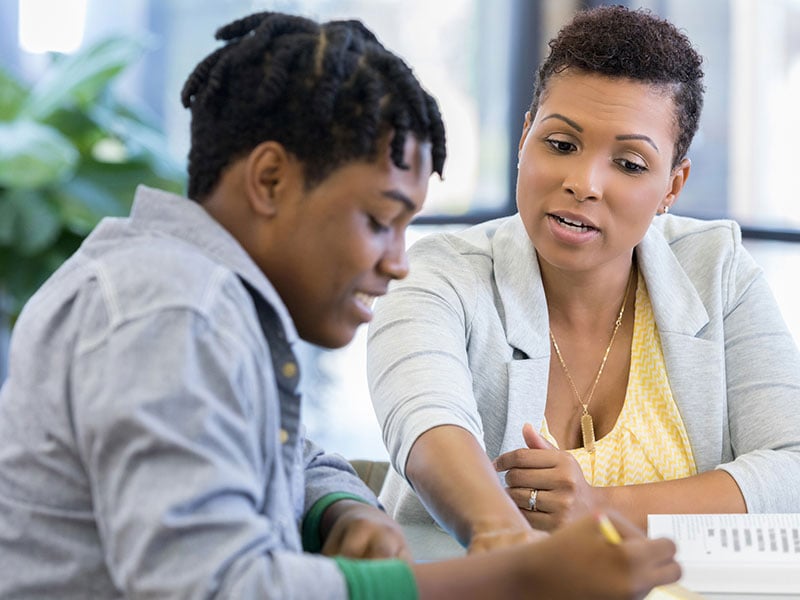CHARLESTON, S.C. March 15, 2020 – The Coronavirus Pandemic can be a difficult subject to discuss with your child. Experts from Dee Norton Child Advocacy Center have a few tips for tackling those conversations.
Dr. Carole Swiecicki is the Executive Director of Dee Norton Child Advocacy Center. She believes that the key to good communication is focusing on facts; rather than fear.
One way that parents can do that is by first asking the child what they know.
“Children are finding out about it. Like most things that are scary on the news, if parents are worried about having this conversation with them, they can ask, what have you heard about people getting sick right now?’,” says Swiecicki.
Depending on the child’s age, they recommend different ways of explaining what might happen if they or someone they know were to contract COVID-19. Swiecicki says that it’s important to be transparent and factual while considering the child’s level of understanding.
“If they hear their child express a really big fear, it’s important to validate the child’s feelings around that. So, parent’s being able to say, ‘it’s okay to feel scared, but I want you to know what everybody is doing to help people feel safe.’ Focus on some of the facts, that could actually reassure children,” she explains.
Swicicki also shared a few tips about motivating younger children to wash their hands and be mindful of germs.
- Make the process as fun as possible; teach a hand-washing song or have them sing the ABC’s, etc.
- If kids don’t have access to use the restroom often at school; have them carry hand sanitizer and teach how to properly apply it (front and back, under fingernails, and in between fingers)
- Practice what you preach; show them that you’re also following those steps in your daily life as part of the routine
She also understands that these conversations are going to be easier for some parents to have than others. She hopes that parents can see this as an opportunity to show their child that it’s okay to discuss scary things with them.
“This is an opportunity for a parent to say to their child, you know, a lot of people have been getting sick, have you heard something about it? How are you feeling? And I’m here to support you with whatever you’re feeling,” says Swiecicki.
Swiecicki strongly believes that being open and honest with children will create a better environment for everyone.



